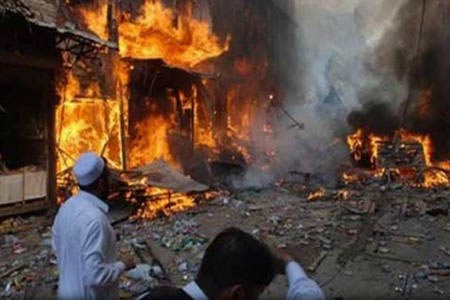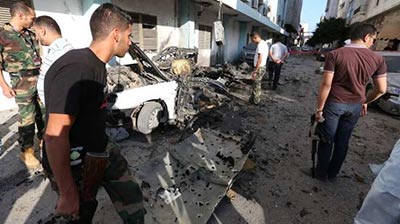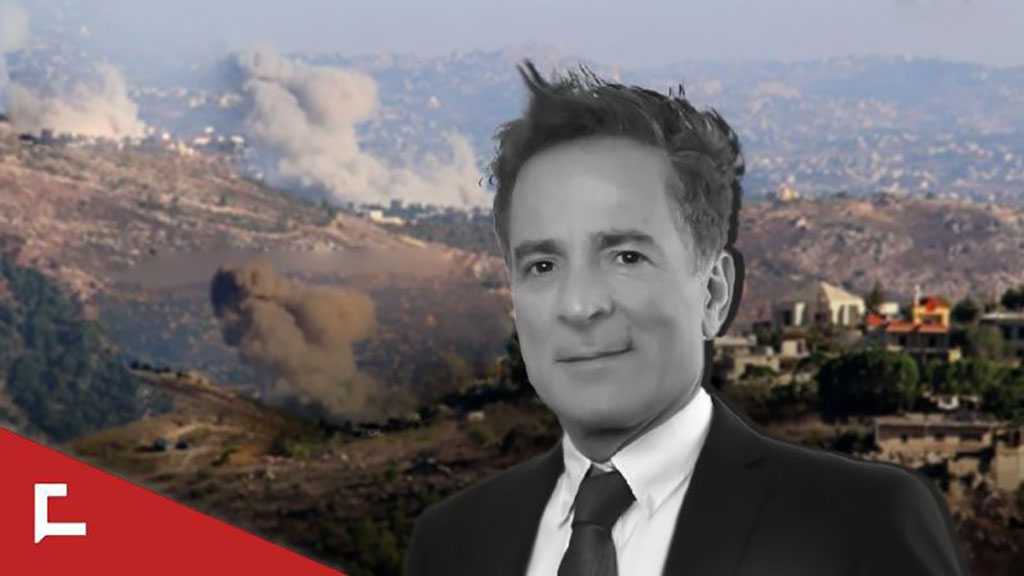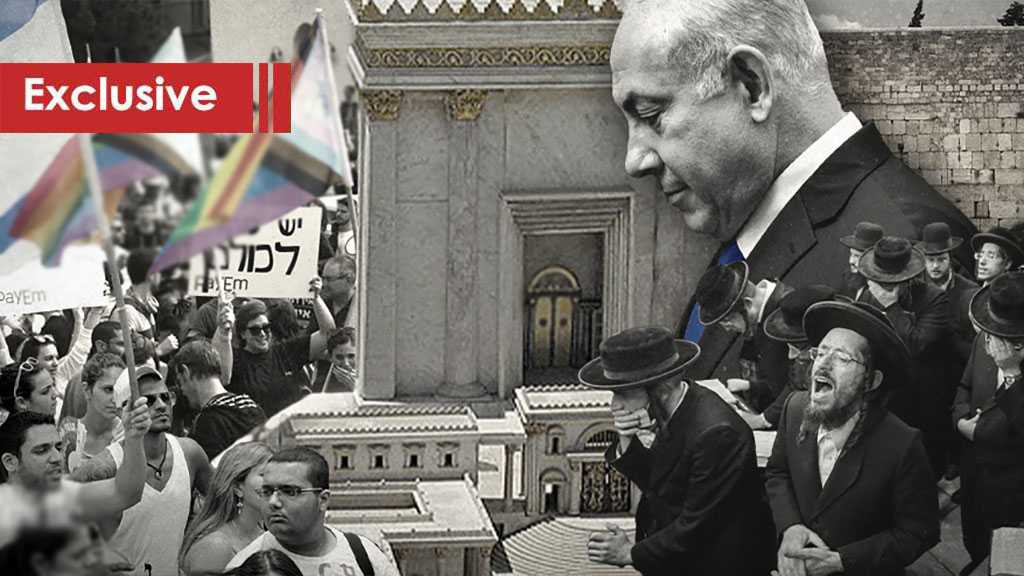
Benghazi’s Explosions and The US Intervention Theory

Rawaa Qassem - Tunisia
The situation in Libya has been increasingly deteriorating ever since the former regime was overthrown, despite Libyans' success last year in holding elections that led to a National Transitional Council and a legislative government.
This brings up concerns in Libya and abroad, chiefly neighboring countries that witness heavy arms flow from Libya to its territories, arms that Salafist Takfiri groups use to threaten these countries' security and stability.
 Benghazi's latest explosions - that claimed 15 lives and wounded around 30 people - ignited a wave of criticism and broad condemnations. All fingers point to Takfiri groups not only targeting Libya, but the whole region for foreign regional and international agendas, having no interest whatsoever in stabilizing these countries.
Benghazi's latest explosions - that claimed 15 lives and wounded around 30 people - ignited a wave of criticism and broad condemnations. All fingers point to Takfiri groups not only targeting Libya, but the whole region for foreign regional and international agendas, having no interest whatsoever in stabilizing these countries.
Many sides held Libyan PM Ali Zaidan's government accountable for this security mayhem. Demonstrators from Benghazi took to the streets, demanding the government, the National Transitional Council and the Army to track down the perpetrators responsible for this bombing and prevent similar explosions in the future.
In a nutshell, the situation is unbearable, according to a number of experts, and Benghazi residents could possibly put together armed militias in the future to face terrorism, protect public and private properties, and maintain security as long as the Libyan State is incapable of doing so.
Benghazi's explosion is not the first and will certainly not be the last. In every time, the government would condemn, call on Libyans to self-control, then explosions would reoccur. What's new this time is that Zaidan held the authorities accountable, blaming them for "not taking the procedures necessary to treat this fragile security condition." Many observers considered Zaidan as washing his hands from responsibility, seeing that he is the top executive in Libya.
The explosions drove the International Security Council to strongly slam such acts, making Libyan authorities afraid to come clean regarding such incidents because it would open a window of opportunity to direct international intervention under the section 7 of the UN convention which assumingly would keep peace in the country.
However, the true goal behind an intervention is to fuel Western interests in Libyan oil and protect it from Takfiri groups. The NATO countries that helped oust the Gaddafi regime currently drown in debt, so the Libyan people must pay up from their oil through the foreign oil companies that these countries monopolize. They are capable, as wealthy countries, of pressuring the Security Council to send "peace-keepers" to Libya and fight these groups.
 Evidence that would probably support this theory is the UN's exaggerated concern for the Libyan situation. Some experts, who issue reports concerning the Libyan situation periodically, previously warned of this irritating weapon chaos that fortified the artillery of extremists and gangs in the region. Also, their reports cautioned the dangers threatening Tunisia, Libya's neighbor, since Libyan arms are being smuggled to Tunisia, in which Takfiri groups receive and store.
Evidence that would probably support this theory is the UN's exaggerated concern for the Libyan situation. Some experts, who issue reports concerning the Libyan situation periodically, previously warned of this irritating weapon chaos that fortified the artillery of extremists and gangs in the region. Also, their reports cautioned the dangers threatening Tunisia, Libya's neighbor, since Libyan arms are being smuggled to Tunisia, in which Takfiri groups receive and store.
For its part, the United States announced that it has sent military forces to NATO's Sigonella Base in Sicily bordering Tunisia in order to interfere in case the US Embassy in Libya were to be attacked. Such speculations are based on a similar incident in which the US Ambassador to Libya was assassinated months ago as a reaction to the defaming movie of the Prophet Mohammad (PBUH) in the US.
Most observers believe that this US announcement is a dangerous indication to clear intentions to settle in the region and establish a so-called Africom military base in the coastal and desert countries in North and Western Africa under the pretext of counter-terrorism.
The US does not need to send additional forces to Sicily to protect its Embassy in Libya because its naval fleet settles in the Italian Sardinia Island not far from the Tunisian Galite Island.
So these forces - via fighter jets - are capable of being in Benghazi in the blink of an eye in case the American diplomatic cable is endangered. Doubts on the objective behind sending US forces to Sicily emerge as Salafist Takfiri groups - who don't believe in dialogue and consider Islamic-based government as infidels - increase and spread out.
Source: al-Ahed News, translated and edited by moqawama.org



